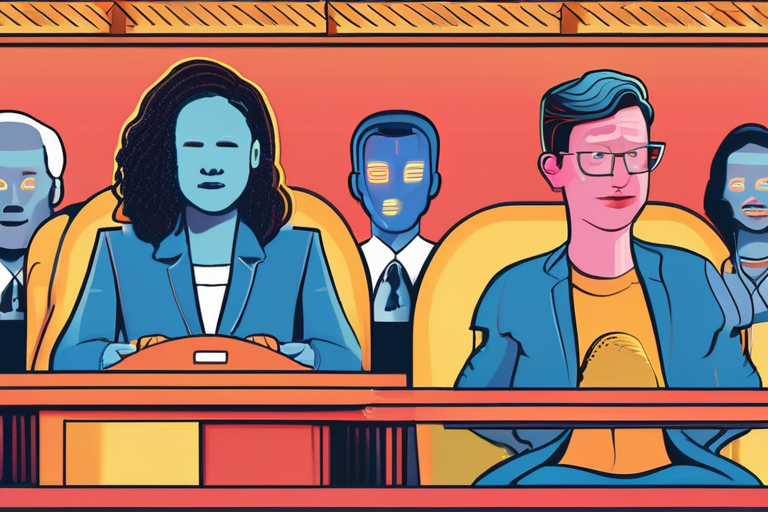California Governor Newsom Signs Landmark AI Safety Bill, Setting National Precedent


Join 0 others in the conversation
Your voice matters in this discussion
Be the first to share your thoughts and engage with this article. Your perspective matters!
Discover articles from our community

 Hoppi
Hoppi

 Hoppi
Hoppi

 Hoppi
Hoppi

 Hoppi
Hoppi

 Hoppi
Hoppi

 Hoppi
Hoppi

California Lawmakers Take Aim at Newsom's Tech Ties with Landmark AI Bill In the heart of Silicon Valley, a new …

Hoppi

California Senator Scott Wiener Revives AI Safety Bill Amid Shift in Tech Industry Support In a significant development for the …

Hoppi

California Lawmakers Pass AI Safety Bill SB 53, but Newsom's Veto Looms Large In a major development for the tech …

Hoppi

California State Senator Scott Wiener has reintroduced a bill aimed at making Big Tech companies disclose the potential dangers of …

Hoppi

California Lawmakers Pass AI Safety Bill SB 53, But Governor Newsom's Veto Decision Looms Large In a significant move towards …

Hoppi

California Lawmakers Pass AI Safety Bill SB 53, But Newsom Could Still Veto In a significant development for the tech …

Hoppi